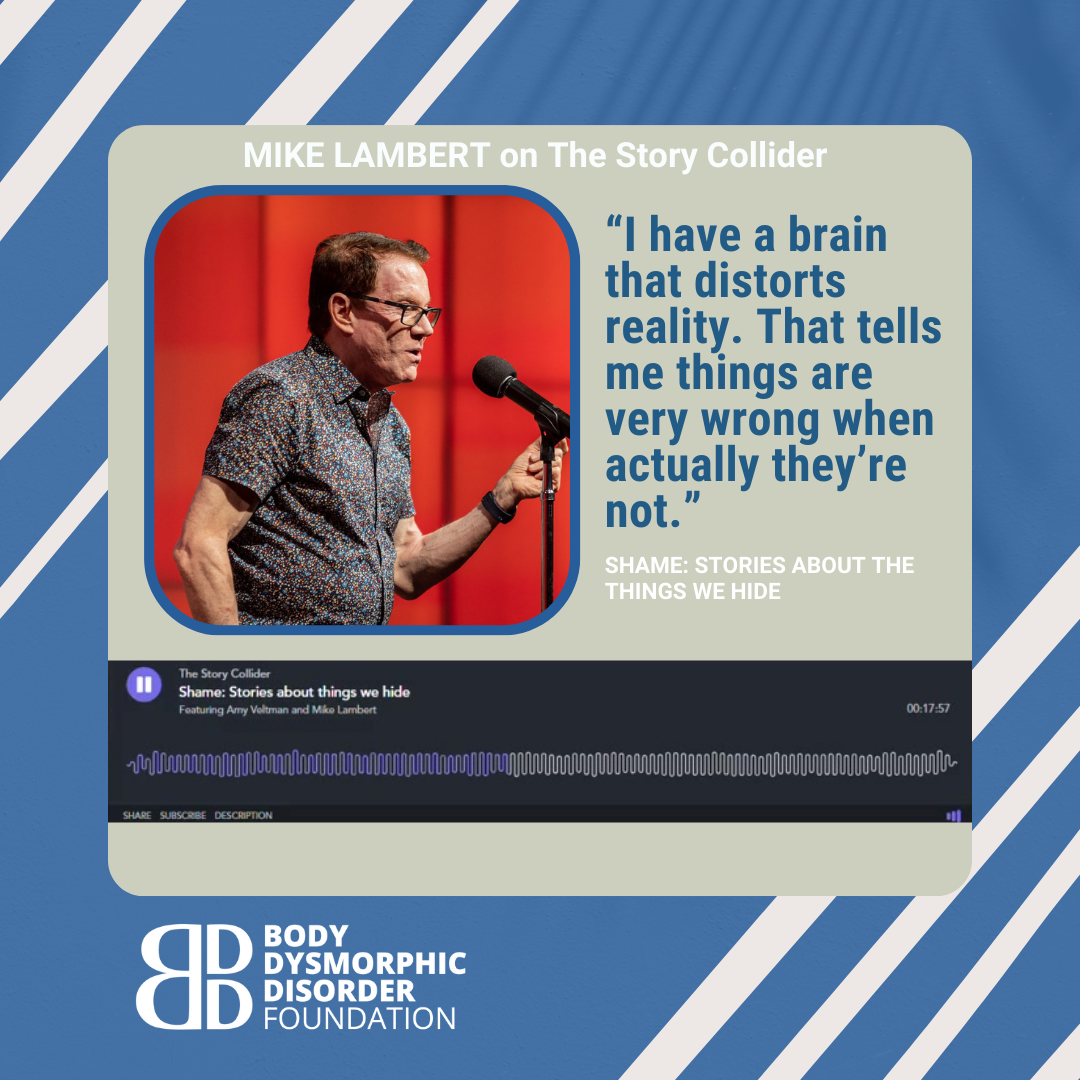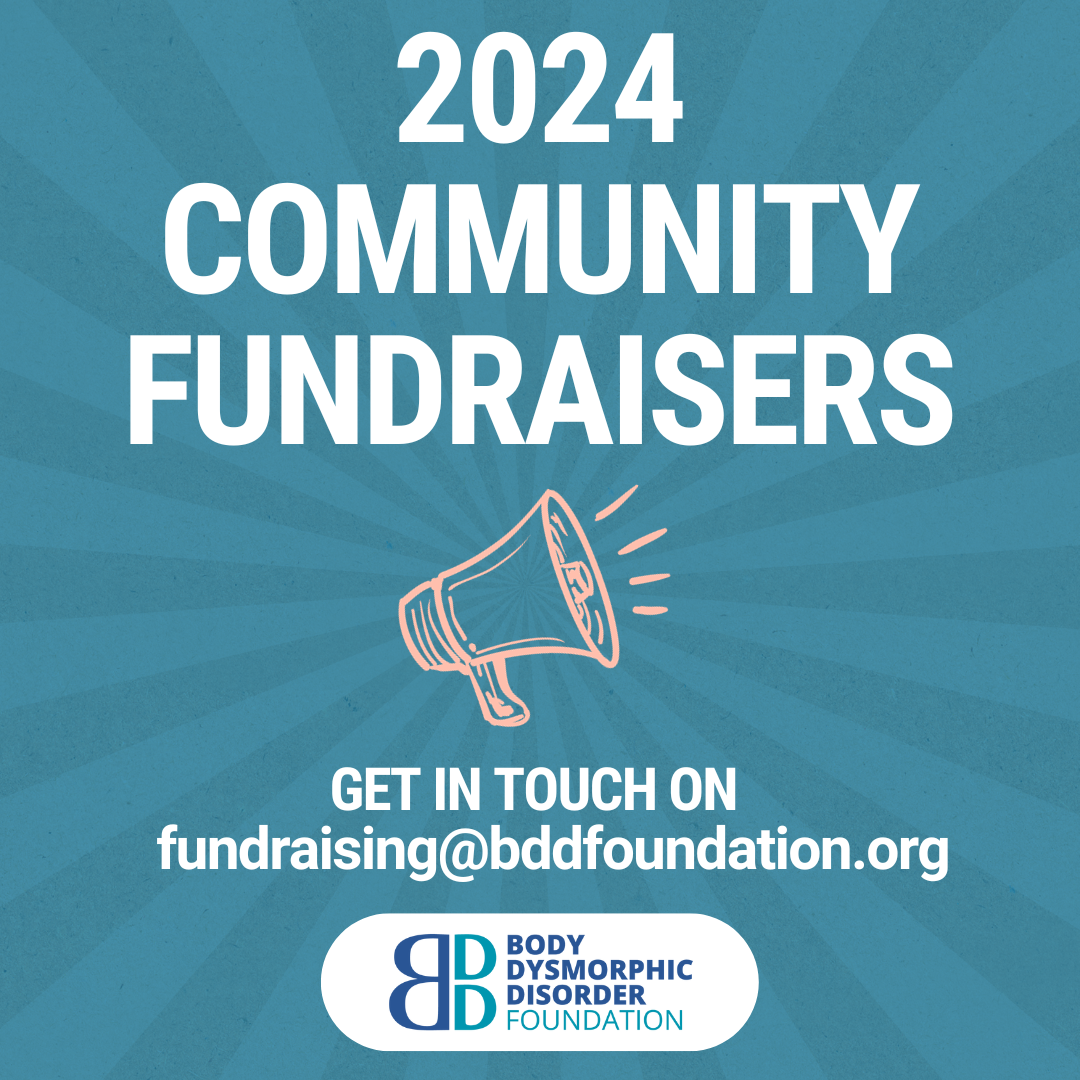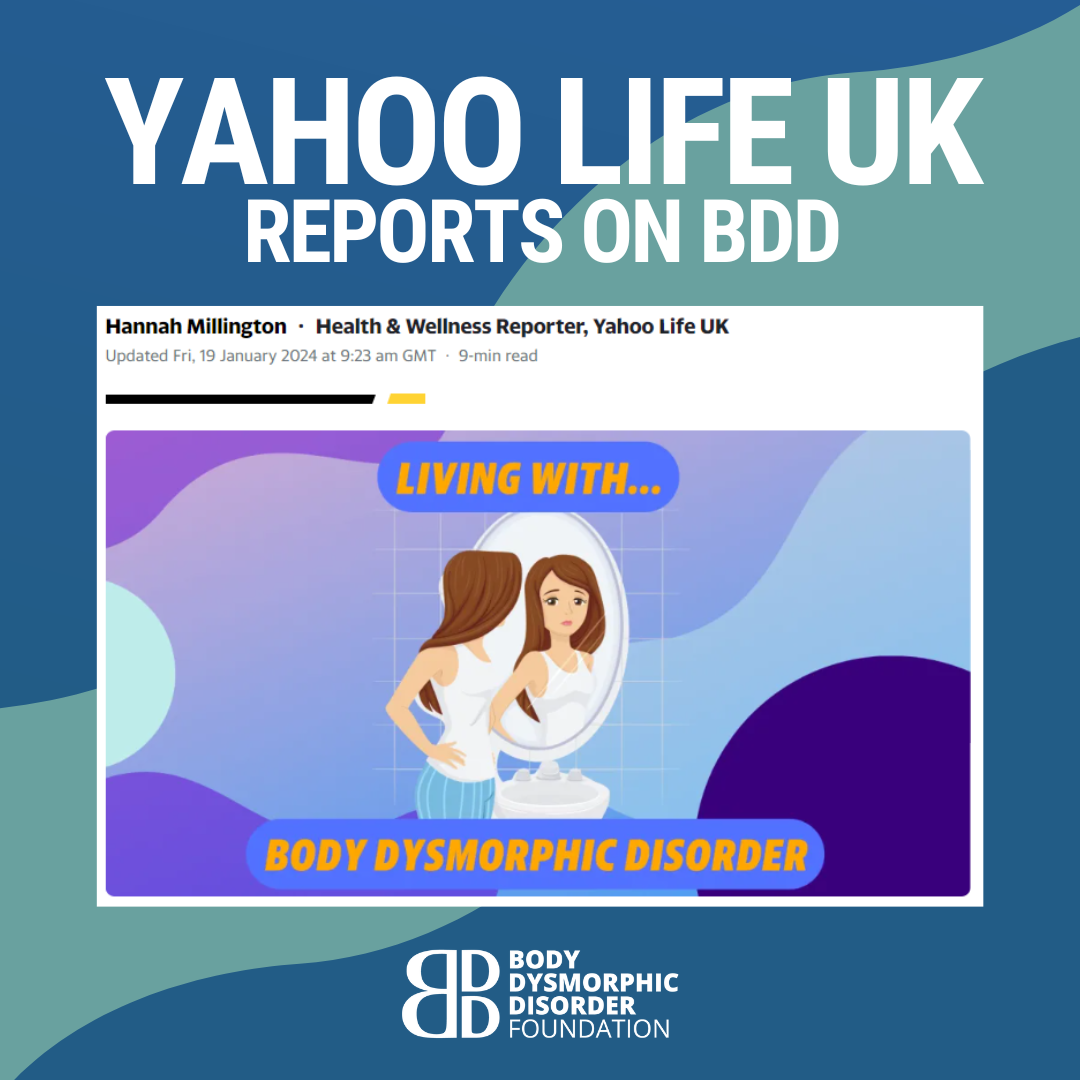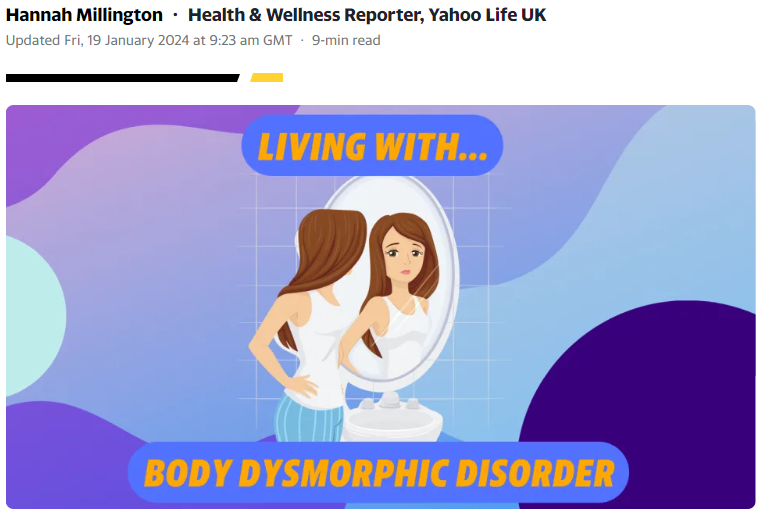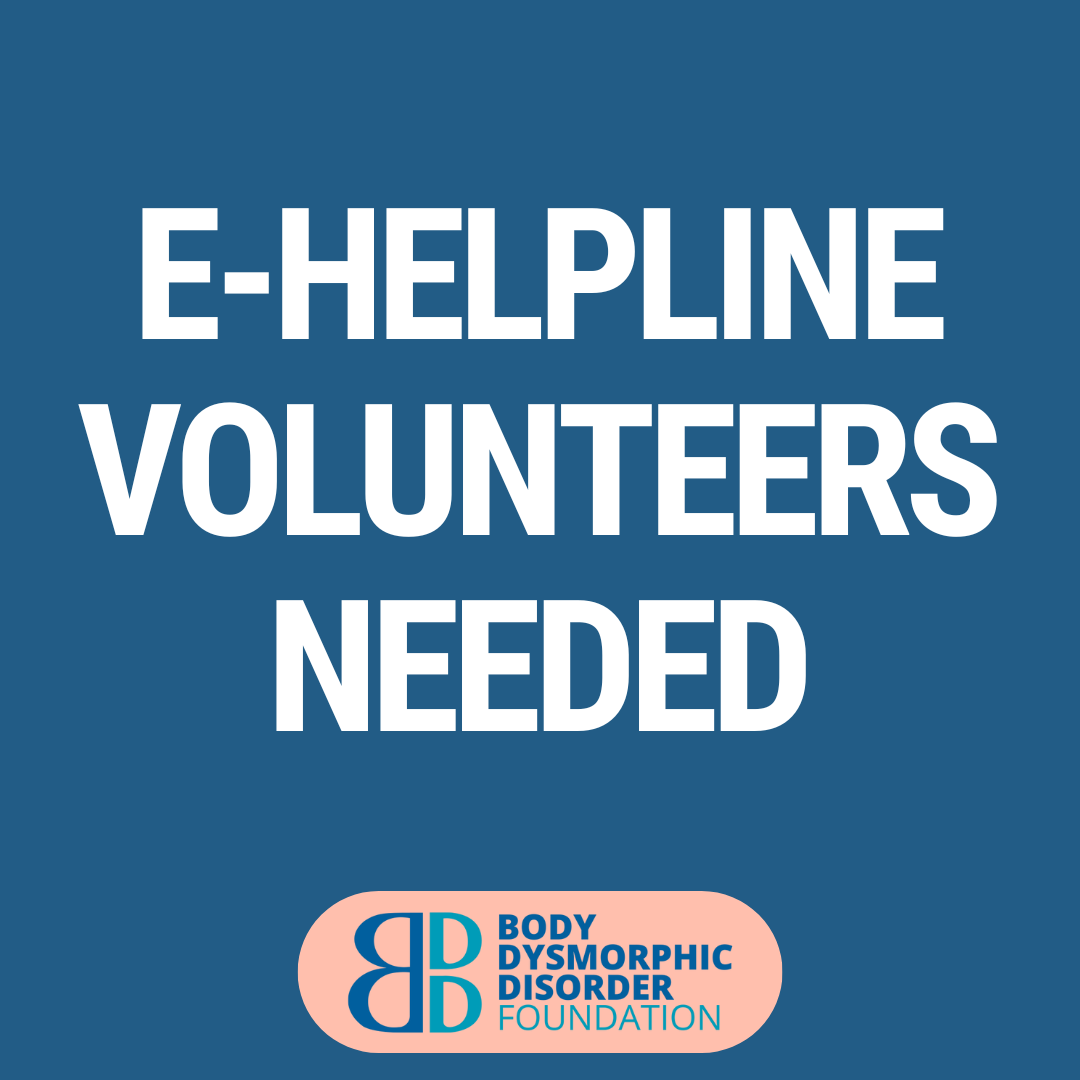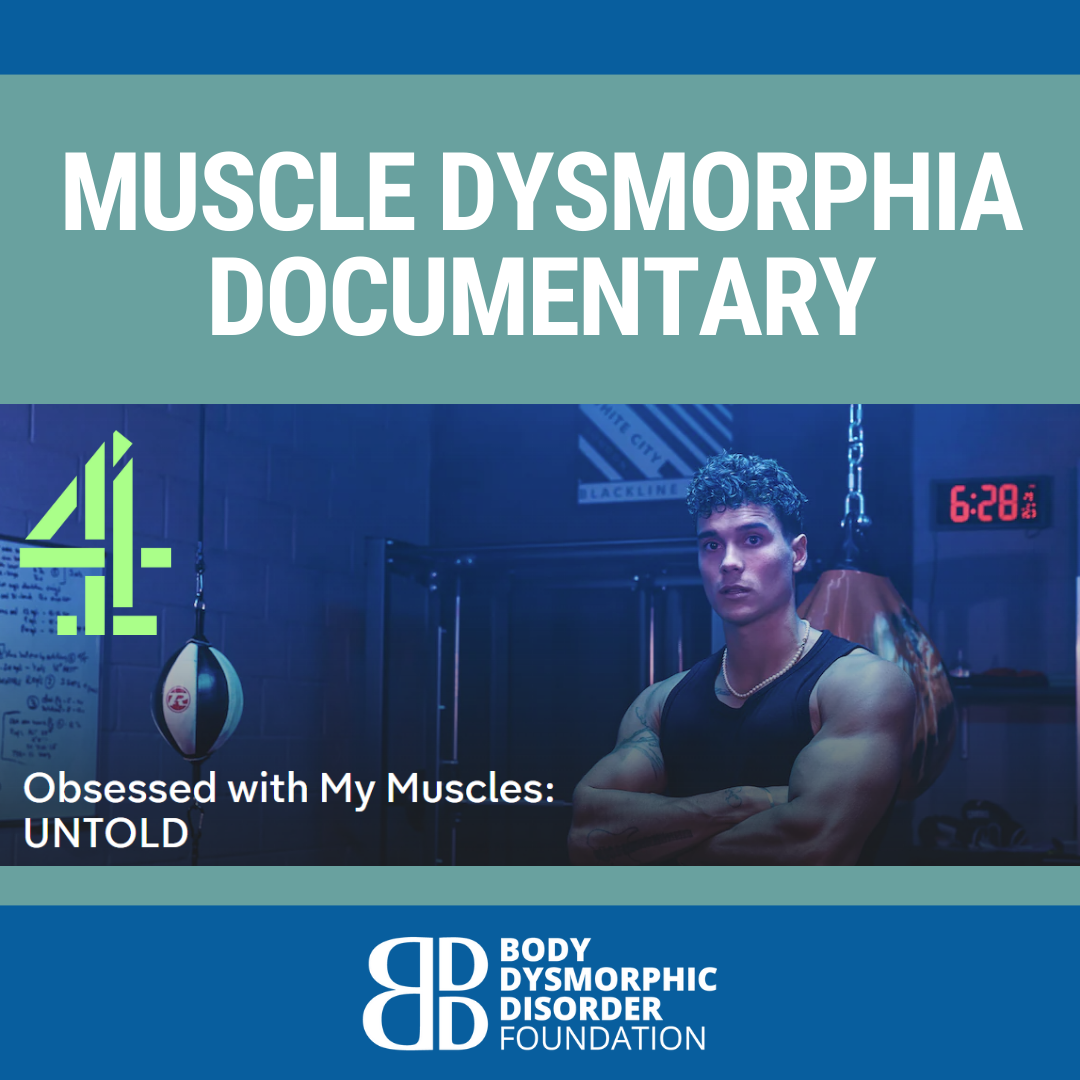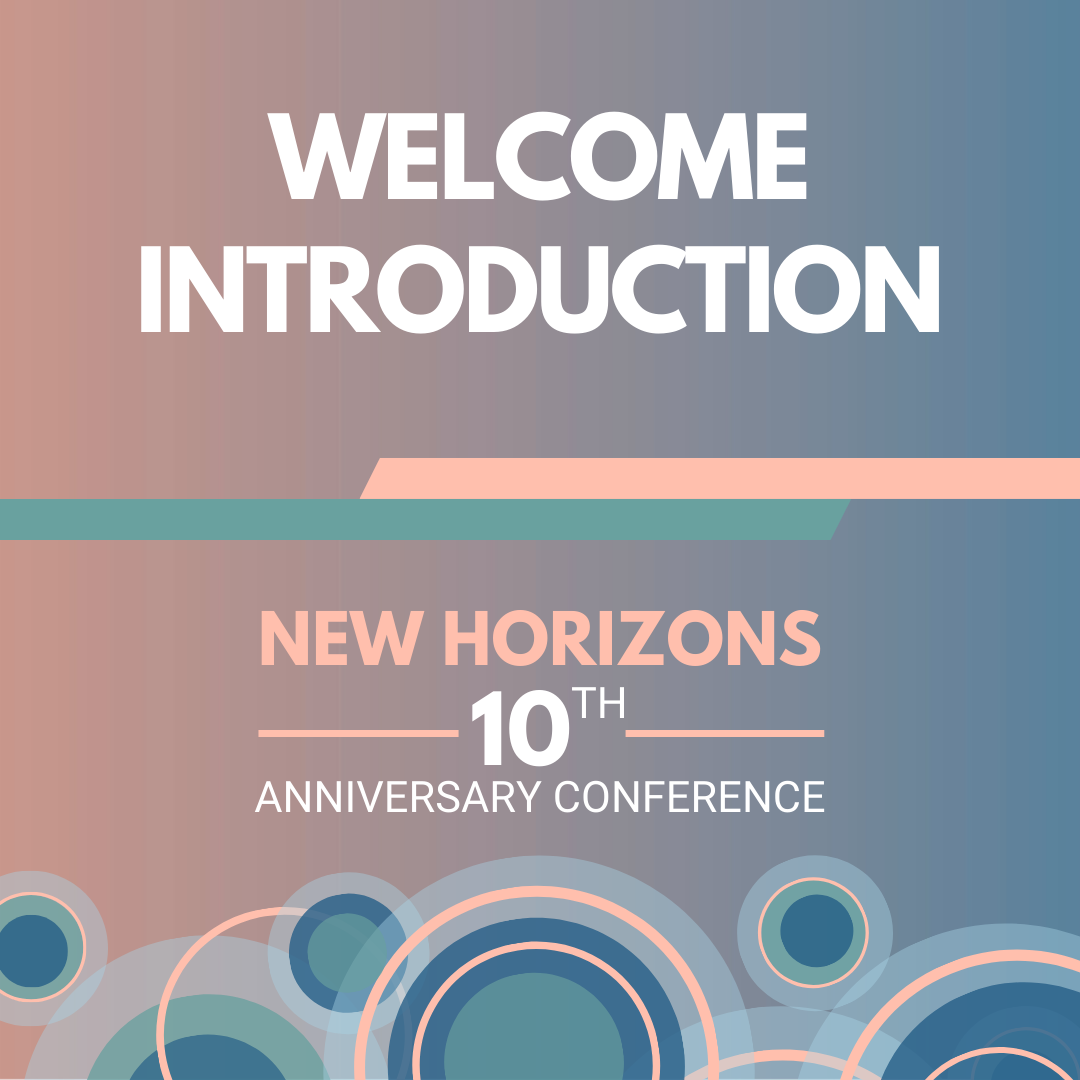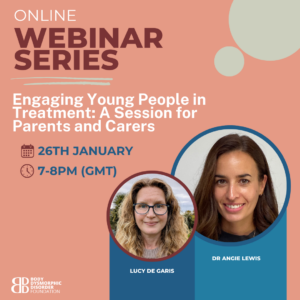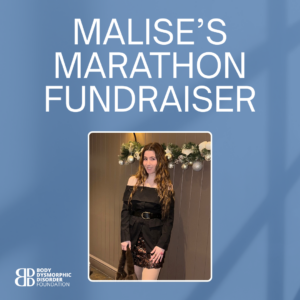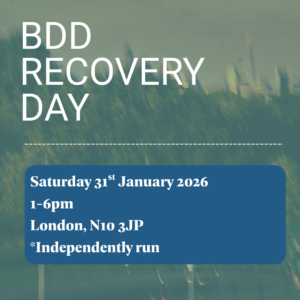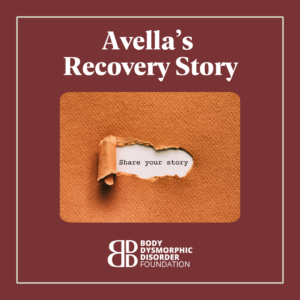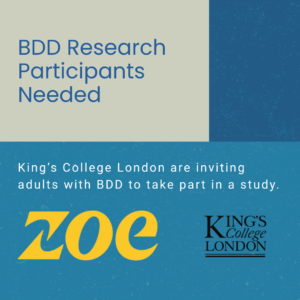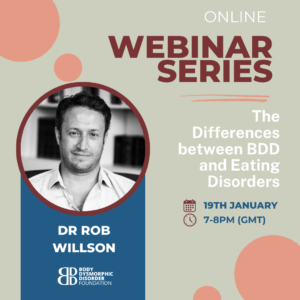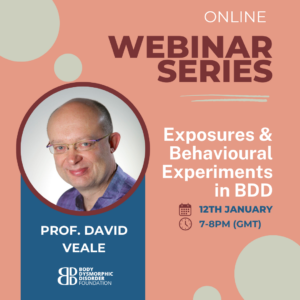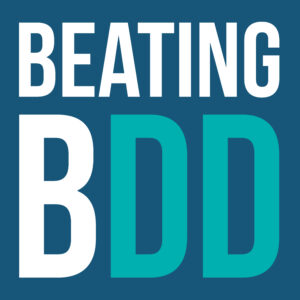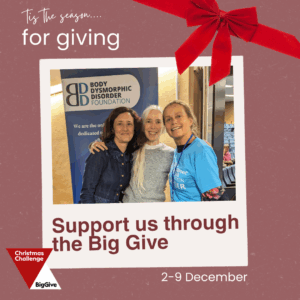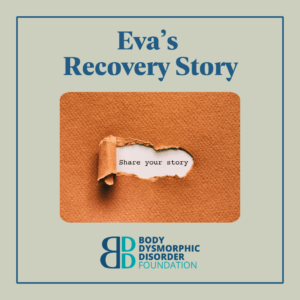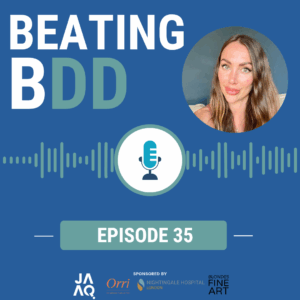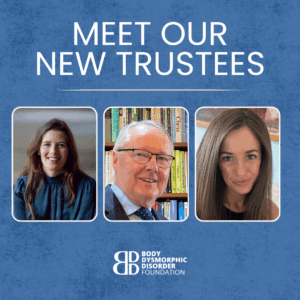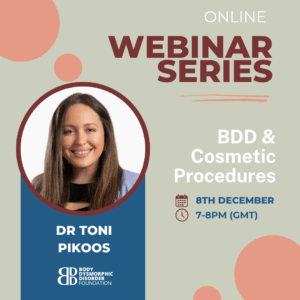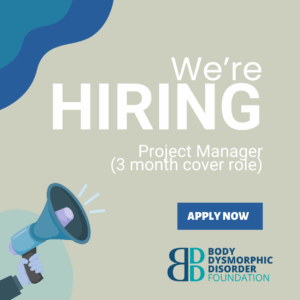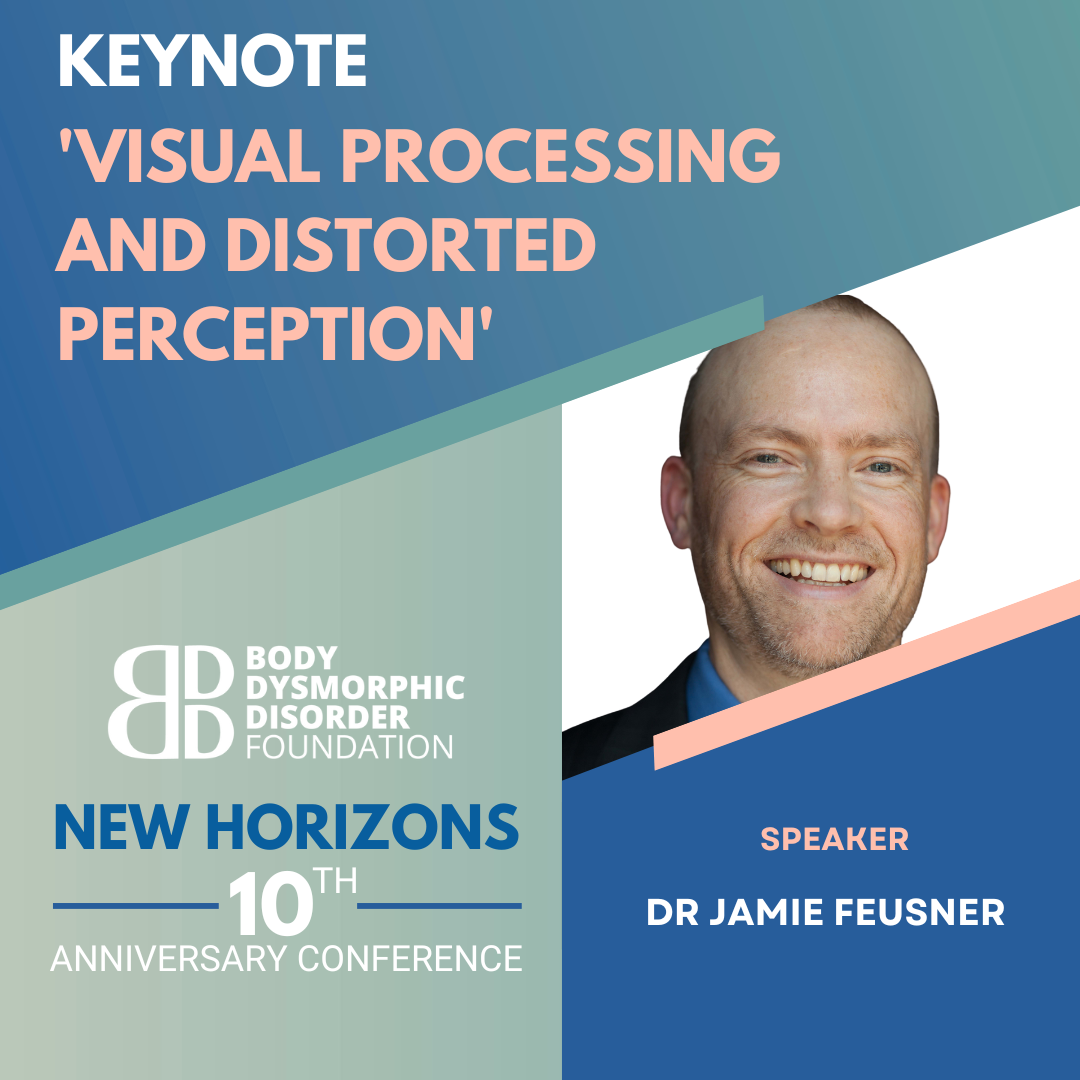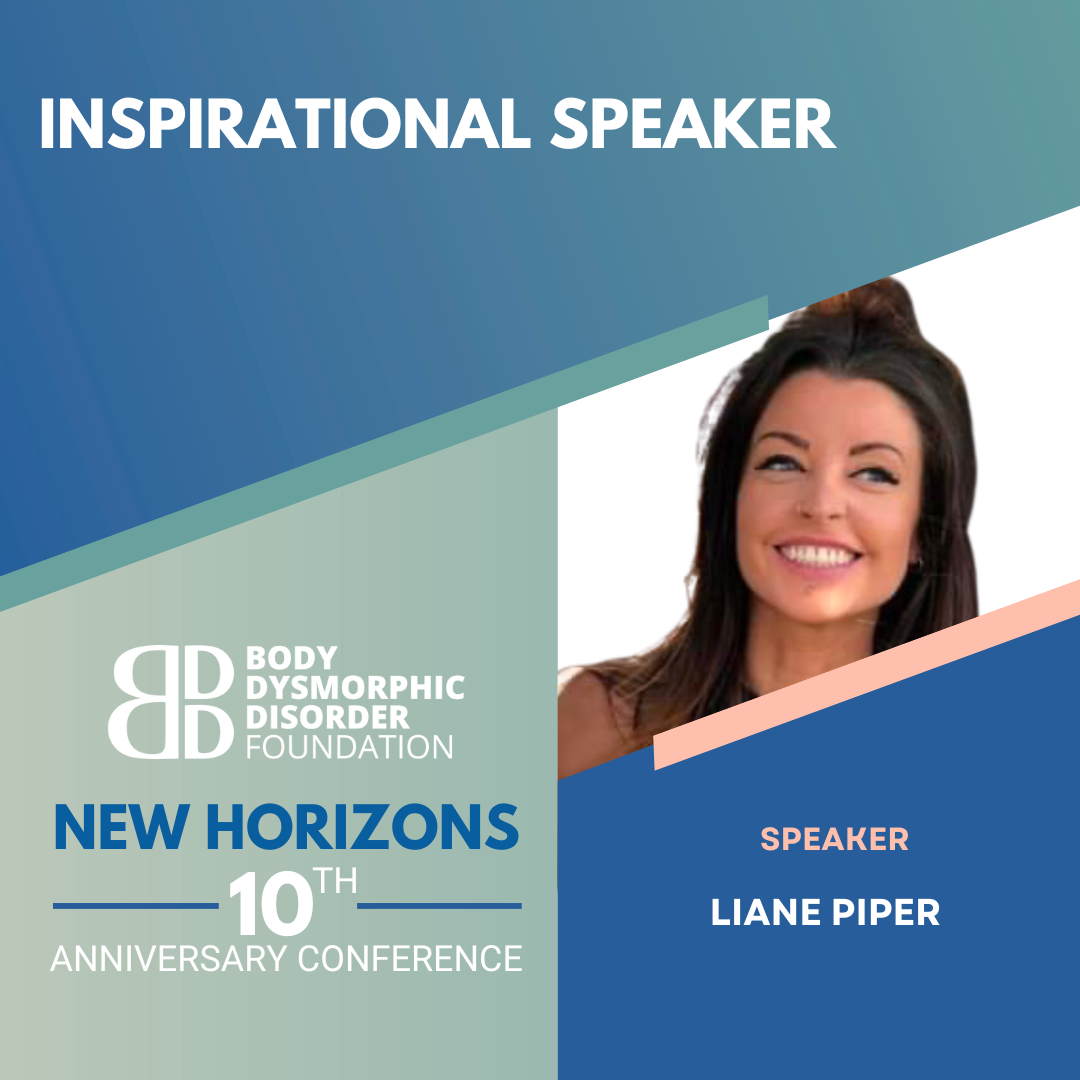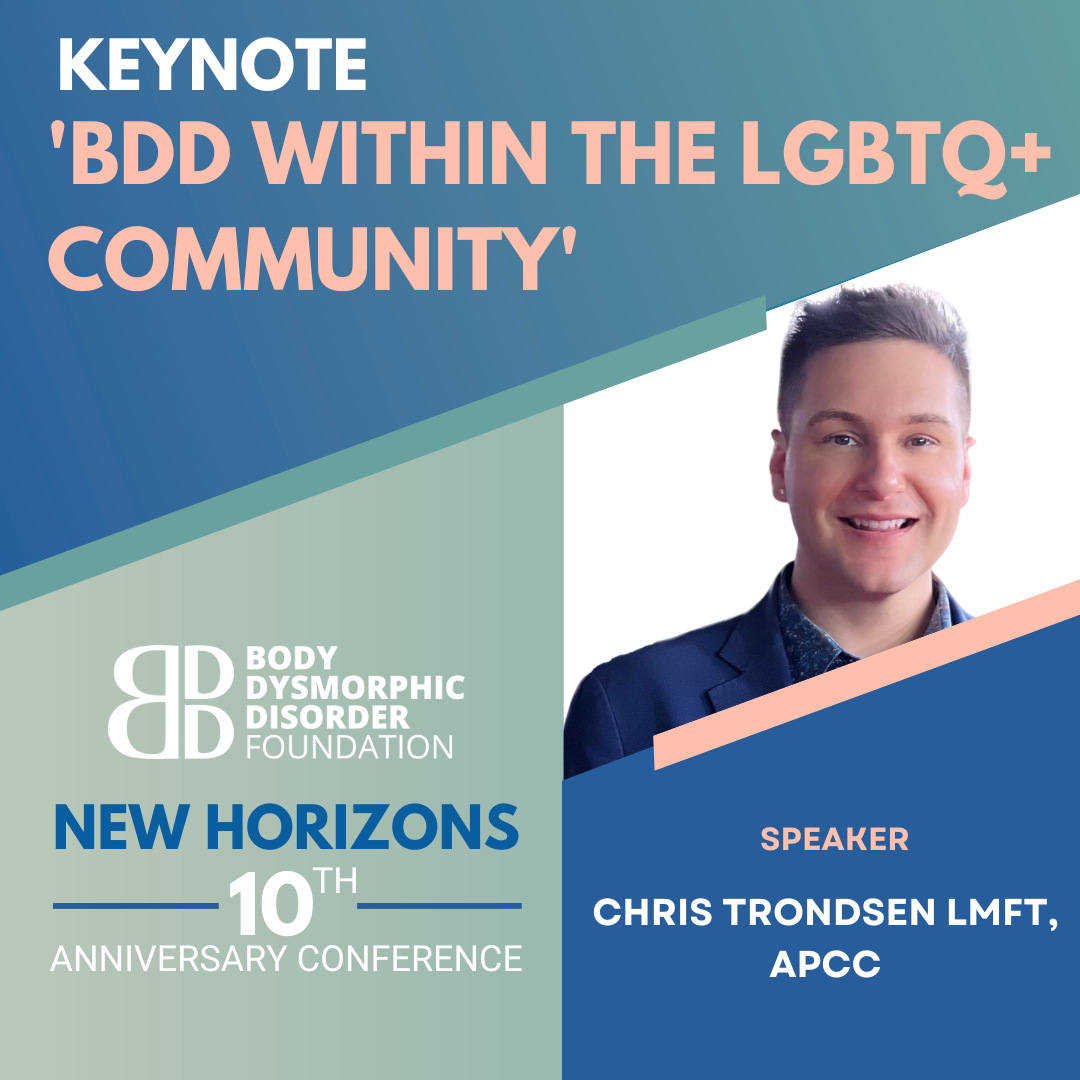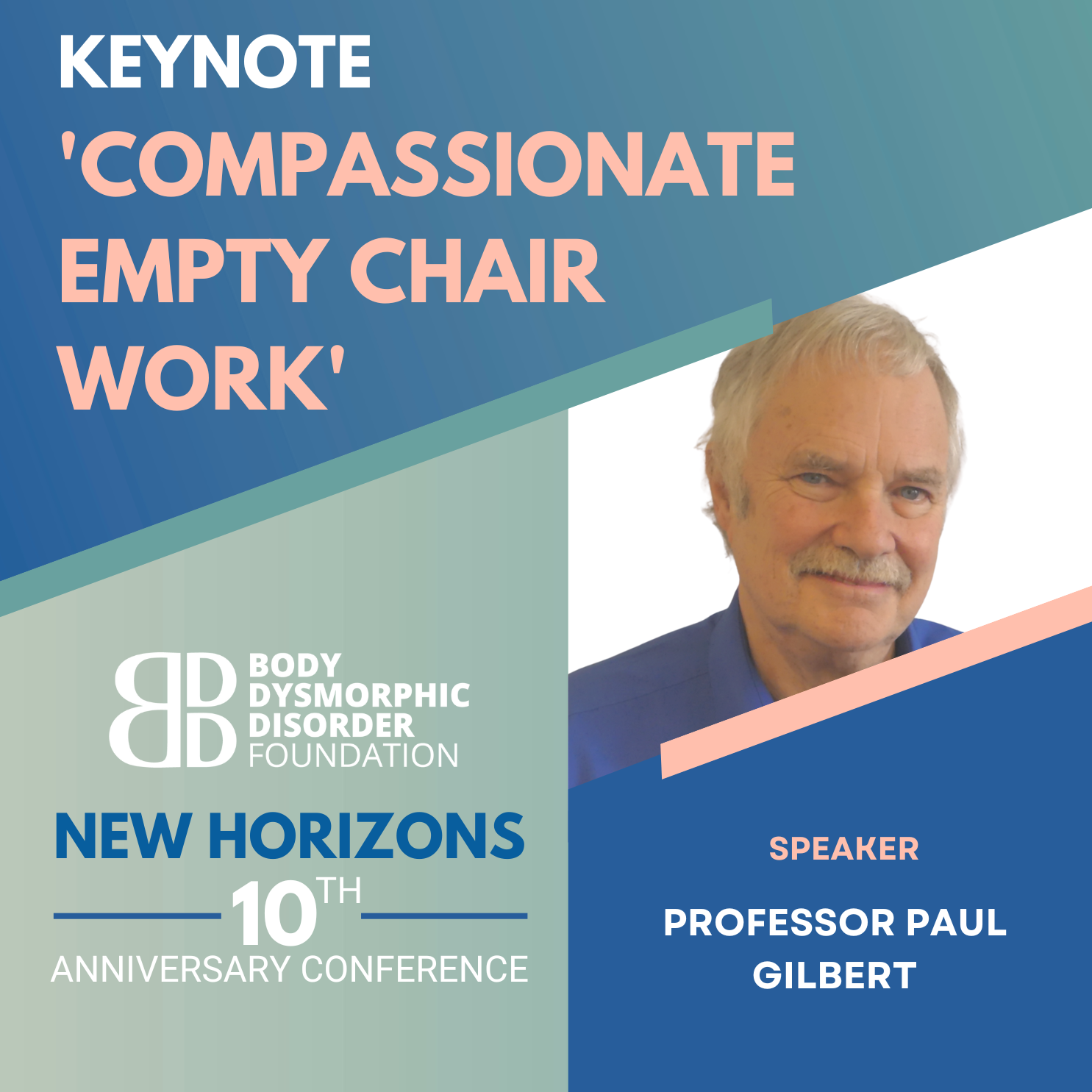“I have a brain that distorts reality. That tells me things are very wrong when actually they’re not. That tells me my appearance, my face, my skin are very wrong when actually they are not.”
Mike Lambert, writer, comedian and story teller based in California, recently shared his story of BDD, and journey to developing self-acceptance at Story Collider’s live podcast event.
He describes the experience of BDD as ‘hard cold fact, it presents as reality and certainty, the monster you see in the mirror is you’.
As a writer and comedian, he provides such a genuine and relatable exploration of the challenges faced by individuals dealing with BDD in a way that engages even those who don’t suffer with the condition. Mike approaches the telling of his story with humour and authenticity. For those with BDD, his shared experience will be comforting and relatable.
‘I became more and more obsessed with finding the exact right pair of glasses, I was looking for the pair that would make me whole, and healed and fixed’.

